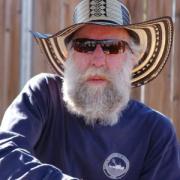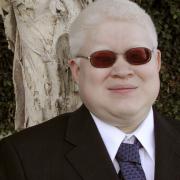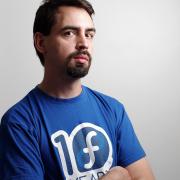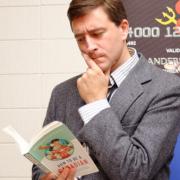Presentations
This talk will give a short introduction to the duperemove tool, which can do data deduplication on btrfs. An overview of how the tool functions will be given, including performance considerations, and planned features. We will also talk briefly about deduplication on btrfs in general, and its potential downsides.



Everyone is talking about big data, now it's your turn to dive in. Over at Ubuntu we've taken on the task of helping people solve these problems so they can concentrate on what matters, the results!
You'll learn to use Juju to:
Run mapreduce jobs then on top of Tez, run simple SQL-like analytics with Hive, analyze unstructed data analytics with Pig, and run real-time analytics with Storm


This is a "bootcamp" course for embedded developers who have not used OpenEmbedded, as well as current Linux developers and users familiar with at least one common embedded Linux platform (eg, RaspberryPi, BeagleBone etc). The course will provide an in-depth overview of the Yocto Project, the core OpenEmbedded layers and what they are, supported hardware, available documentation and other resources, build requirements, and how to setup, customize, build, and deploy your own embedded Linux OS image, root filesystem, kernel and bootloader, etc.
The optimizer is the "brain" of the database, interpreting SQL queries and determining the fastest method of execution. This talk uses the explain command to show how the optimizer interprets queries and determines optimal execution. The talk will assist developers and administrators in understanding how Postgres optimally executes their queries and what steps they can take to understand and perhaps improve its behavior.
The optimizer is the "brain" of the database, interpreting SQL queries and determining the fastest method of execution. This talk uses the explain command to show how the optimizer interprets queries and determines optimal execution. The talk will assist developers and administrators in understanding how Postgres optimally executes their queries and what steps they can take to understand and perhaps improve its behavior.

As the Fedora Project reached our tenth birthday, we starting looking at how the computing world has changed and what we need to do to stay with it — and how we can continue to advance our mission to lead the advancement of free and open source software and content as a collaborative community. Matthew Miller, the Fedora Project Leader, explains our new governance structure, what we've done so far (and why), what's working, and explores ideas for what we might try next.

What does the right to vote teach us about the importance, for anyone who uses a computer, of the Four Freedoms that define free software?

FreeBSD invented the modern Unix container with jail(8) in the year 2000 and today operates as an EC2 and Hyper-V guest, Xen Dom0 and DomU and now includes bhyve, the native FreeBSD Hypervisor. Michael wrote his first jail(8) management system in 2005 and has since operated NetBSD/Xen in production and was the first community user of bhyve, the FreeBSD hypervisor introduced with FreeBSD 10.0. bhyve is a modern, emulation-free hypervisor that relies on the Extended Page Table feature found in modern Intel and AMD CPUs. bhyve provides bare-metal performance for Unix virtual machines.


